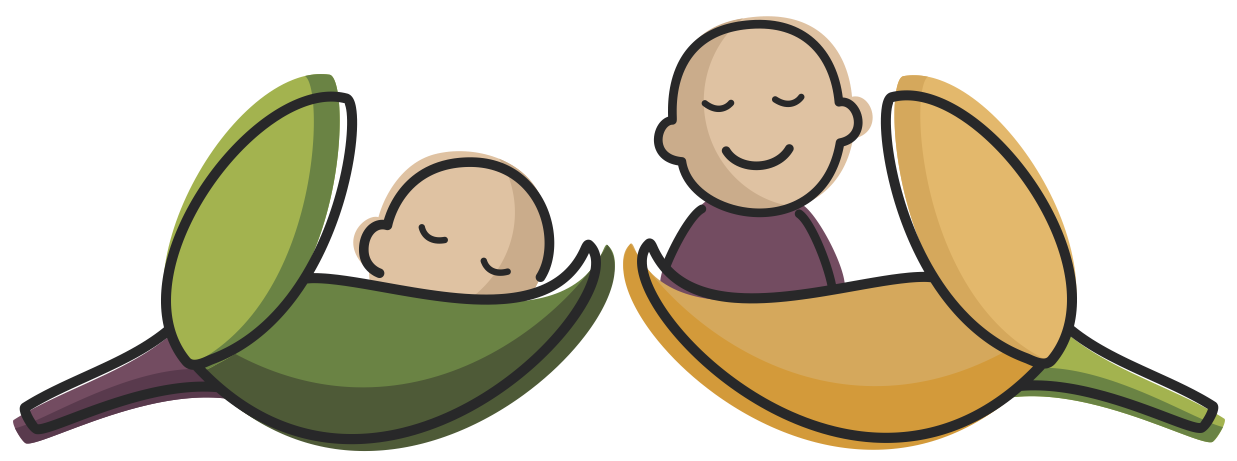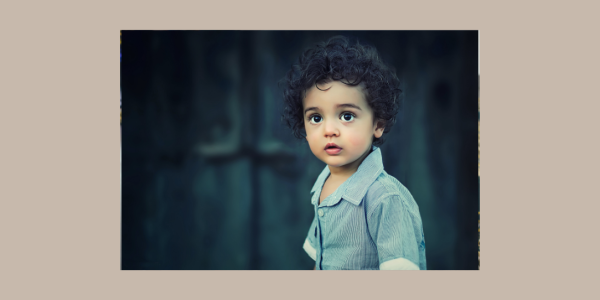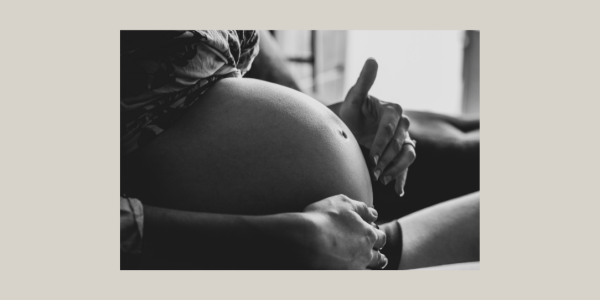
Think about how your body feels when you are tired. Your head is heavy. It is hard to keep your eyes open. You find it hard to concentrate. You are cranky
The difference between you and a kid is that you can do something about it. You are able to recognise the feeling. You can make the decision to walk to your bed, you can tell someone that you need to go to bed. Babies and toddlers can’t. Even older kids might find it hard to be aware of that. Or they want to keep playing and exploring.
So they cross the line, and what might have looked like tiredness before is now gone and all they show is activeness and lots of energy, which is confusing to you. Crossing that line means being overtired. Means tantrums and crying. It means: HARDER TO FALL ASLEEP AND STAY ASLEEP.
When there was very little evidence about sleep and kids, people came to conclusions based on what seemed logical to them. They followed these premises having some immediate results, but creating more problems in the long run. It is not customary to link kids poor behaviour to their lack of sleep, we first blame many other things than paying attention to their sleep. And the truth is that humans are fantastic at adapting to certain circumstances no matter how detrimental they are to us, and our kids are not the exception. But that doesn’t mean that their situation is healthy or good for their development. It just means they are running on empty and on just barely making it through the day.
These are some common myths:
- If they skip naps, they will sleep better at night. FALSE. Kids need naps, a certain amount of time according to their age and not being awake for too long also according to their age. MORE INFO HERE
- If you tire them enough during the day, they will sleep better at night. FALSE. Overtired kids will find it harder to fall asleep and stay asleep
- If they look with energy and active, even though it is time to sleep, it is because they are not tired yet. FALSE. They probably have crossed the line of tiredness and now they are experiencing a boost in energy that is going to make it more difficult for them to fall asleep. Their bodies are struggling
- Keeping them up late at night will make them sleep in late the next morning. FALSE. It is acctually the opposite, they will wake up earlier and will start to present a deficit in their sleep tank.
- Sleep deprived kids look tired all the time. FALSE. You may see a child with lots of energy and very active, but also a child who will struggle to fall asleep and will require a lot of help to fall asleep.
Today we know what their bodies need in terms of sleep and how not providing it, can be harmful to them.
Pay attention to their cues and provide sleep before they get passed that stage.
Piensa en cómo se siente tu cuerpo cuando estás cansado. Tu cabeza esta pesada. Te es difícil mantener los ojos abiertos. Te cuesta concentrarte. Estás de mal humor
La diferencia entre tú y un niño es que tú puedes hacer algo al respecto. Eres capaz de reconocer el sentimiento. Puedes tomar la decisión de caminar hasta tu cama, puedes decirle a alguien que necesitas irte a la cama. Los bebés y los niños pequeños no pueden. Incluso a los niños mayores les puede resultar muy difícil darse cuenta de ese sentimiento. O quieren seguir jugando y explorando.
Entonces cruzan la línea, y lo que antes parecía cansancio, ahora se ha ido y todo lo que muestran son signos de mucha energía y se ven muy activos, lo cual te confunde a ti. Cruzar esa línea significa estar demasiado cansados. Significa berrinches y llanto. Significa: MÁS DIFÍCIL CONCILIAR EL SUEÑO Y PERMANECER DORMIDOS.
Cuando había muy poca evidencia sobre el sueño y los niños, las personas llegaban a conclusiones basadas en lo que les parecía lógico. Siguieron estas premisas obteniendo algunos resultados inmediatos, pero creando más problemas a largo plazo. No estamos acostumbrados a relacionar el mal comportamiento de los niños con su falta de sueño, primero culpamos a muchas otras cosas antes de prestar atención a su sueño. Y la verdad es que los humanos somos fantásticos para adaptarnos a ciertas circunstancias sin importar cuán perjudiciales sean para nosotros, y nuestros niños no son la excepción. Pero eso no significa que su situación sea saludable o buena para su desarrollo. Solo significa que viven agotados, apenas logrando sobrevivir cada día.
Estos son algunos mitos comunes:
1. Si se saltan las siestas, dormirán mejor por la noche. FALSO. Los niños necesitan siestas, cierta cantidad de tiempo según su edad y no estar demasiado tiempo despiertos también según su edad. MAS INFO AQUÍ
2. Si los cansó lo suficiente durante el día, dormirán mejor en la noche. FALSO. A los niños demasiado cansados les resultará más difícil conciliar el sueño y permanecer dormidos
3. Si se ven con energía y activos, aunque es hora de dormir, es porque aún no están cansados. FALSO. Probablemente ya hayan cruzado la línea del cansancio y ahora estén experimentando un aumento de energía que les hará más difícil conciliar el sueño. Sus cuerpos están luchando
4. Mantenerlos despiertos hasta tarde en la noche los hará dormir hasta tarde a la mañana siguiente. FALSO. En realidad es todo lo contrario, se despertarán más temprano y comenzarán a presentar un déficit en su tanque de sueño.
5. Los niños privados de sueño se ven cansados todo el tiempo. FALSO. Es posible que vea a un niño con mucha energía y muy activo, pero también es un niño al que le costará conciliar el sueño y necesitará mucha ayuda para lograrlo
Hoy sabemos lo qué necesitan sus cuerpos en cuanto al sueño y cómo no proporcionárselo, puede ser perjudicial para ellos.
Presta atención a sus señales y proporciona sueño antes de que pasen esa etapa.
Bibliography:
- Renee Wasserman, P.T., M.P.H.
- Paruthi S, Brooks LJ, D’Ambrosio C, Hall WA, Kotagal S, Lloyd RM, et al. Recommended amount of sleep for pediatric populations: a consensus statement of the American Academy of Sleep Medicine. J Clin Sleep Med. 2016;12(6):785–786.
- Ting L, Malhotra A. Disorders of sleep: an overview. Prim Care. 2005 Jun;32(2):305-18, v. doi: 10.1016/j.pop.2005.02.004. PMID: 15935187; PMCID: PMC4368182.




